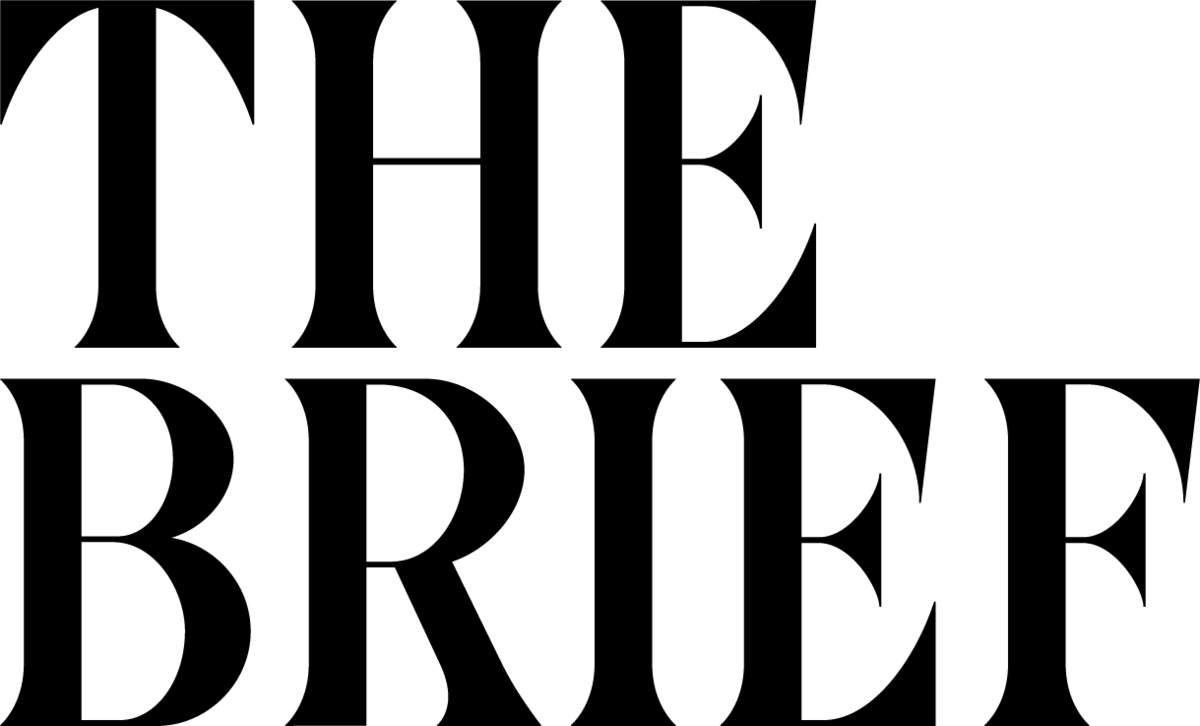
There is nothing more exhilarating than a media interview.
Except for a last-minute media interview…
with an untrained spokesperson…
…who has never actually been interviewed before. 😬
We’ve all been there, right? Whether it’s the chance to land an epic top-tier pub on short notice or a new spokesperson stepping in for an unavailable exec, last-minute interviews are pretty much a normal occurrence in the public relations space.
Today, we’re going over the nitty-gritty prep we recommend before any last-minute interview and the essential things you should do to ensure you nail the opportunity.
Feel free to share with your execs!
Read Time: 3 minutes.
The Where ⛰️
It seems pretty basic, but you have to know where the interview will air/be published in order to start your prep. Who is the publication's audience? Is it a super niche, technical crowd, or are you breaking down a complex topic for a more general group? There are a few questions it can be helpful to ask yourself depending on the publication scope:
General Audience: How do I break this topic down so my mother/grandmother/neighbor could understand it? What will they care about most? How will this topic affect their lives?
Vertical Audience: What problem are my readers struggling with that I could help solve on this topic? What is an example of how my insights might change the way they’re currently approaching X problem?
Remember, most interviews must be product/solution agnostic. So even if YOUR product is the answer to all their prayers (of course), you need to focus on explaining the status quo and the issue and refrain from turning the call into a sales pitch.
The Who 😼
Remember, the writer controls the message. It’s important to understand who you’re speaking with, what they’ve written in the past, and their tone/style. When approaching any interview, looking at the piece from their perspective may help you better understand what they’re trying to achieve with it.
For instance, if Jane Doe has written on climate change 10 times and is well-versed in the sustainability space, she’s going to conduct a much more involved interview than someone from Good Morning America who wants a basic primer on how carbon mitigation works.
Knowing the writer and their tone can also help you determine whether or not you want to move forward with the call. If John Deer is a climate reporter who has been super critical of climate technologies and wants to speak to you about your startup, it might be a good idea to think twice. Even if it means saying “no thanks” to a huge publication. The outlet can be right, but the reporter might be wrong. Both need to be green lights to proceed. Contrary to popular opinion, there is definitely bad press.
The Message 📫
First and foremost, you’re acting as a spokesperson to help the reporter and foster an ongoing relationship. So that needs to be the priority number one.
Alongside that, there may also be the opportunity to get your message out into the world, or at least highlight the problem your solution solves. It can be helpful to have a few bullet points lined out to make sure you hit the high notes.
Notice, we said bullet points, not full-blown statements.
We’ve found through our fifteen years hosting media interviews that full, written out statements are the least effective way to get a point across. Even if you don’t think the reporter can tell you’re reading from a canned statement, believe me, they can. Bullet points give you guide rails without driving the entire car.
The Proof 📈
Yes, you’re an expert. And yes, that’s why you’re doing the interview. But it’s always nice to have some backup data to validate your opinions. It’s also extremely helpful to the reporter when you’re able to provide third-party numbers, or at least compelling examples of real-life scenarios that have formed your opinion.
Plus, looking at trends and stats prior to the interview is a great way to ensure you’re up to speed with the latest movements in your space.
Last-minute interviews can be a wild ride, but prep is key. Even on a time crunch, you can know the basics of the audience, dig into the reporter a bit and outline your message. Just a few key elements can help you really nail any media conversation.
Until next week -

🚨 EXCITING ANNOUNCEMENT
Our fearless leader, Lizzy Harris, is now a published author! She recently wrote Midnight Max and the One More Uppy Song, a children’s book that follows “Midnight Max” and her nighttime journey.
If you have a child, know one, or just want to support a new author, you can preorder it here.
Like The Colab Brief?
Share with your friends
Micro-Engagements (Now Live!)
The Colab PR Template Pack (Now Live!)
SWAG [Coming Super Soon]
